Silent Spring
Living in the countryside has advantages and disadvantages that you don't think about beforehand. And in recent years, I've noticed it more and more often when I'm sitting in the garden, for example. You probably know how it is: a cup of tea, a dog next to me, looking around at all the growing and blooming things around me. And it hits me. There are few to no growing and blooming things. It's not like it used to be when I was a child and could enjoy the wild flowers. No, what grows around me is grass, nettles, blackberries, and corn. The buttercups are gone. I don't see any forget-me-nots anymore. Daisies are nowhere to be seen, and we even have to sow the poppies if we want to see them.
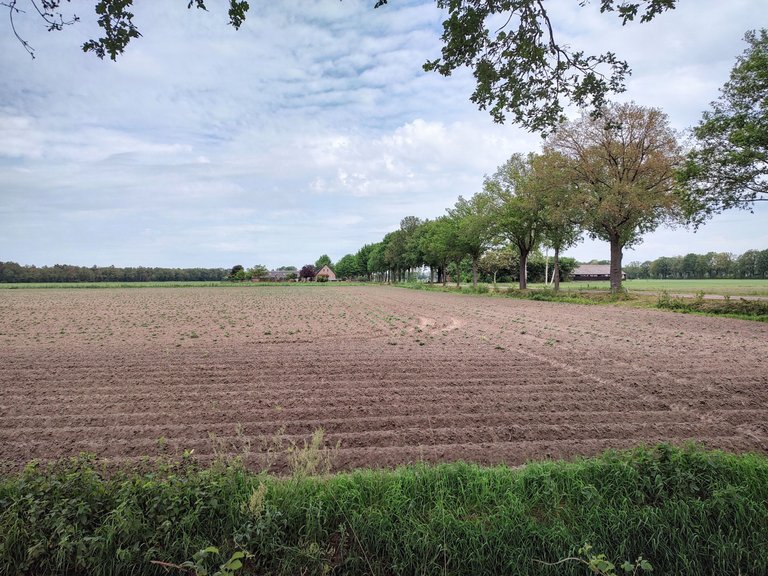
And while I'm thinking about it, it suddenly strikes me how quiet it is. Not quiet as in: no traffic. Traffic drives by now and then. I don't live on a very busy street, but the tractors are still driving around here. And cars also pass by. Now and then, a motorbike with an irresponsibly high speed that you would almost hope he will park himself against a tree. But the silence I mean is the silence in nature. Almost no buzzing of flying insects, no tripping of insects on the leaves, and no rummaging in the grass. And that used to be different. And yes, I can still remember what that sounded like. As a child, I could lie on my stomach in the grass and within a few minutes, there would be a bee on a clover, a beetle crawling along my arm, or a butterfly fluttering past. Now I have to look for it.
I don't live in the 'big city', I live 'in nature', between the fields. But that's where it hurts. Only since I've been living between the farms have I fully realized that 'nature' is not always nature.
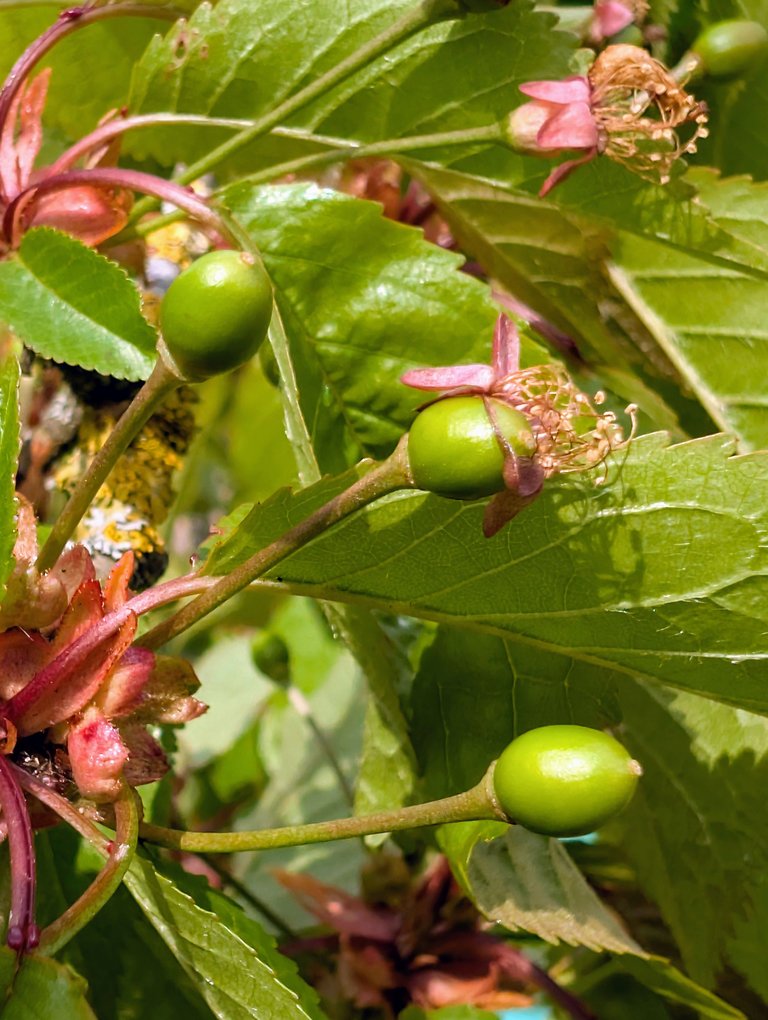
Poison in the air, fertilizer in the ground
In our area, a lot of spraying is done. I don't see it everywhere, but I do right across from my house. And where I don't see it, I sometimes suddenly smell it: a typical chemical smell. When I'm sitting outside and I see them coming to spray, I call Skipper and go inside. When I'm just about to let Skipper out, I wait another hour. But I'm not even so concerned about myself. Because I also know: this isn't just hanging in the air, it seeps into the soil, washes into the water, remains on plants, flowers... and eventually ends up in everything that lives there. Including the insects that are already doing so badly. But not just in the insects. It also ends up on everyone's plate. No, of course we don't eat the corn ourselves, but the cows that you drink the milk from, they do eat that corn. And that's how you get it in anyway. The cows that are slaughtered for beef also eat the sprayed corn. You eat the meat from those cows. It's also sprayed on potatoes. Then you might think, buy mainly organic products, but you know ... things aren't going that much better in the organic sector. I recently read an article by an organic gardener, and he said that he now had to spray four times as much. Maybe with different stuff ... but does that make it better? Natural resources do not automatically mean innocent. These resources that are used here can also cause a burden on nature and humans,s and animals. But anyway, back to what strikes me most.
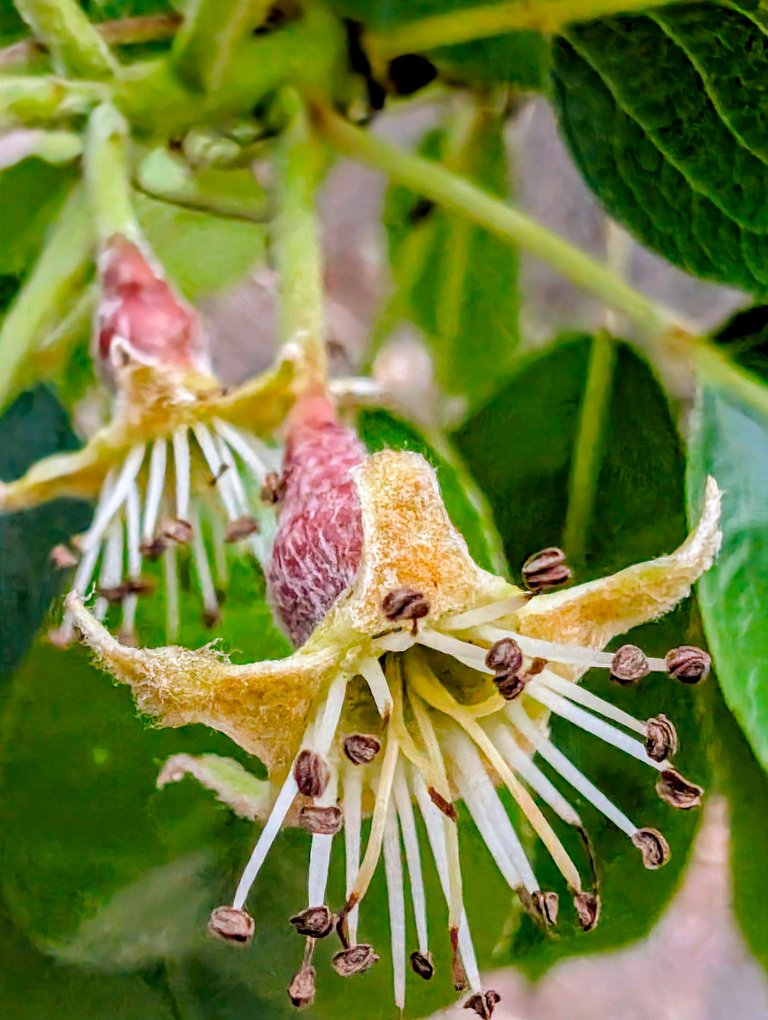
Manure
For years, the Netherlands has had an exceptional position within the EU. The so-called derogation. Dutch farmers were allowed to spread more manure than farmers in other countries. And you notice that. A lot of manure is injected into the agricultural land here. In the spring, the fields here are sometimes like sponges, saturated with that ammonia-rich brown mush full of nitrogen. You can smell it from far away. The soil is pumped full of it year after year, while the soil life, that silent, invisible miracle of bacteria, worms, and fungi, is finding it increasingly difficult. But the corn is growing well!
Fortunately, the derogation is being phased out, which means that less and less manure can be injected. And there is a reason for that, of course. That reason is not because things are going so well in the Netherlands. On the contrary. The Netherlands is the proud owner of the worst water quality in all of Europe. That is quite intense for a country that likes to present itself as green and sustainable.
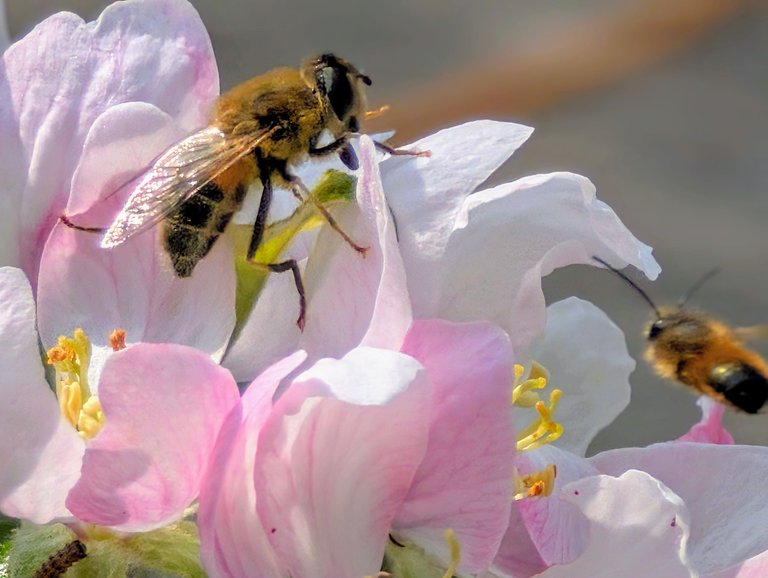
The bigger picture
Insects are not just cute or annoying. They are the backbone of the ecosystem. Without bees, hoverflies, and bumblebees, we have no fruit, no flowers, and ultimately no birds either. Everything is connected.
Some studies show that in some areas we have lost more than 75% of the insect population in the past decades. And yet it seems as if we are just carrying on. New permits, new rules that are just a little bit more flexible, more pressure on farmers to produce cheaply, and therefore more reason to spray and fertilize.
I don't always blame the farmers. They are often just stuck in a system where survival is paramount. But the system itself? That is broken.
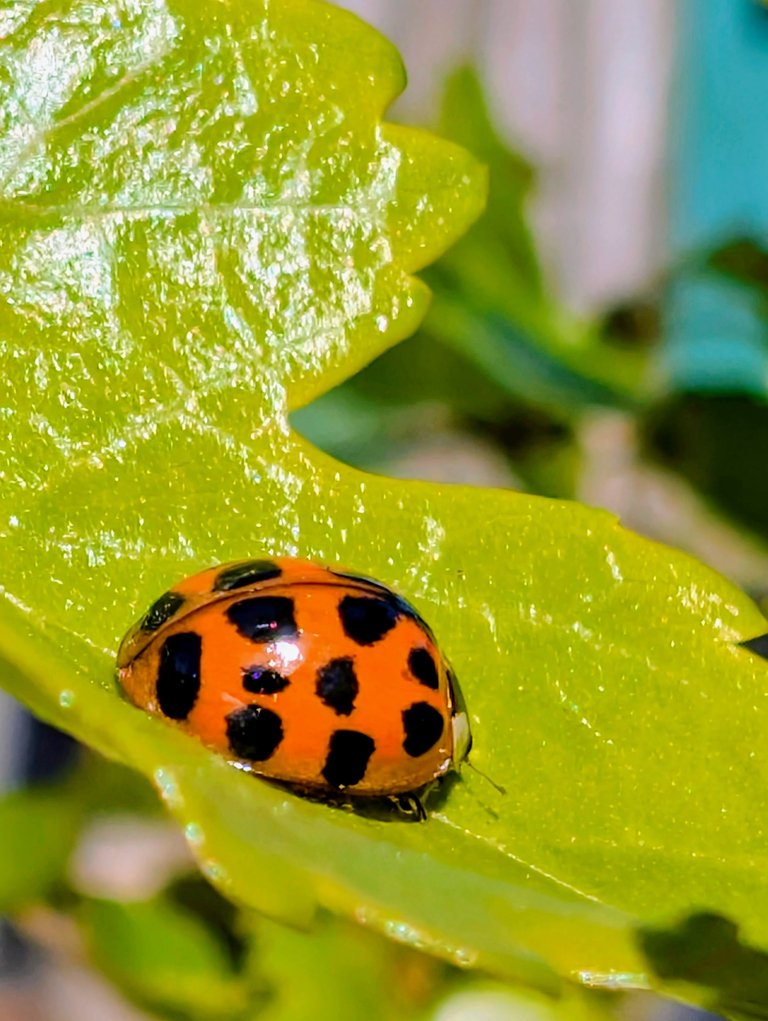
What can we do then?
Sometimes it all feels so big and intangible. But still, we try to do things that make a little difference. We leave flowers in the garden, even if they bloom 'inconveniently'. We even mow the lawn less often, which our landlord is not always happy about. We consciously plant species that attract bees, even though I am afraid of 'stinging insects'. Poison is an absolute NO-GO here in our garden, not even against lice or ants. If you look hard enough, nature always has a solution to a problem.
And no, that is not enough. Of course not. We certainly cannot fix a broken system with this. Unfortunately, many people also seem to never see the need to deal more consciously with ALL life on earth. For the time being, it remains a utopia to hope for improvement ... and that makes me sad. It was once so beautiful. And it could be so beautiful. No poison. More biodiversity. Protection of our water. And eventually, maybe, just maybe, more buzzing in the garden again.
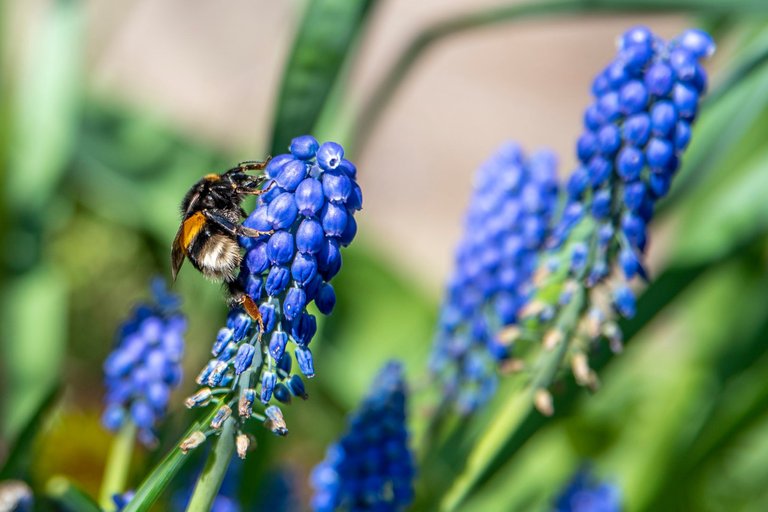
Not Normal
The fact that I now notice here in the garden that there is less buzzing to break the silence, while we have a garden with trees and flowers that provide enough for the buzzing insects, says something. I do not want to start thinking that silence is normal. And I can only hope that we will be in time to not lose much more. Because before we know it, it will be too late and we will have a "SILENT SPRING" forever.
And if we do let it get that far, a Silent Spring forever, no bees, no insects, no healthy soil, and no clean water, what do we actually have left?
All photos are my own
View or trade
LOHtokens.@hetty-rowan, You have received 1.0000 LOH for posting to Ladies of Hive.
We believe that you should be rewarded for the time and effort spent in creating articles. The goal is to encourage token holders to accumulate and hodl LOH tokens over a long period of time.
Yup super worryingsome indeed! My friend is a beekeeper and he said stuff also about too much monoculture in the ' akkers' . It is such a difference because here in the area everyone is just planting random tree stuff and it is totally buzzing in the whole are which is awesome. As in...lately I heard a sound like it was a nest closeby and I looked up and just saw humming busy bees everywhere.
The mono culture, that is scary! (countryside is still awesome though :D)
This is the saddest, saddest thing. When I was back in the UK last year I really noticed it, and no one else seemed to - it was like they'd just been frogs in water and not noticed, but I'd been away, and it was really bad - I just didn't see the wildlife I used to. It really freaks me out. I wrote a post last week along a similiar vein, although probably no where near as articulate ordetailed - but the general idea was that we have a responsibility to plant for wildlife, each one of us, however small a agarden we have, because it's theonly thing we can do against the decline of wildlife around us.
this is such a very important post!
The HIVE GARDEN COMMUNITY supports gardening, homesteading, cannabis growers, permaculture and other garden or botanical related content. Delegations to the curation account, @gardenhive, are welcome! Find our community here!
!LADY
View or trade
LOHtokens.@hive-124452, you successfully shared 0.1000 LOH with @hetty-rowan and you earned 0.1000 LOH as tips. (17/50 calls)
Use !LADY command to share LOH! More details available in this post.